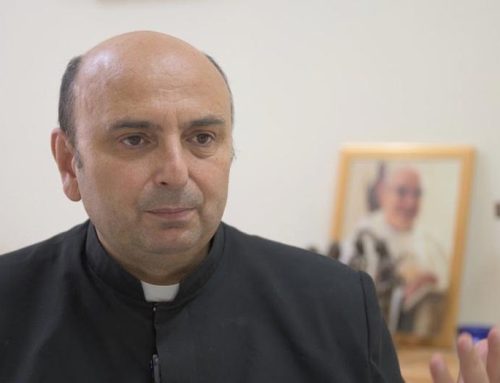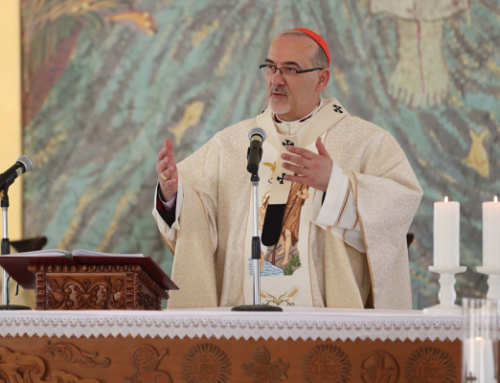Priests and nuns of African and Asian origin have been unable to get visas to visit the Holy Land, as the Israeli authorities fear they will remain in the country illegally. Since late June, priests and nuns from India as well as priests from Burkina Faso, South Africa and Mozambique have not been issued the necessary visas to enter Israel. Behind the visa denials are apprehensions by Israeli consular officials that the priests and religious might stay in the country illegally, according to AsiaNews.
Priests and nuns of African and Asian origin have been unable to get visas to visit the Holy Land, as the Israeli authorities fear they will remain in the country illegally.
Since late June, priests and nuns from India as well as priests from Burkina Faso, South Africa and Mozambique have not been issued the necessary visas to enter Israel.
Behind the visa denials are apprehensions by Israeli consular officials that the priests and religious might stay in the country illegally, according to AsiaNews.
The news agency said that it is a clear case of discrimination since the African and Asian priests and nuns requested the visas as part of larger groups of pilgrims. Western or European pilgrims had no problem getting visas.
For example, on June 11, two groups of pilgrims from India and Burkina Faso joined fellow pilgrims in Paris to go to the Holy Land. Unlike their European counterparts, they were refused entry visas to Israel.
They turned to the apostolic nunciature in Paris but with little success. Israel’s Embassy in France released a statement saying that it could not issue entry visas to Africans and Asians.
Four South African priests also had their request for a visa turned down. They too were joining a group of European pilgrims going to the Holy Land, who like the first group of European travelers, were granted visas, AsiaNews added.
Agents from Tesco-Terrasanta, the travel agency that organized the pilgrimage, contacted Israel’s Interior Ministry in Jerusalem seeking explanations.
They were told that “the ministry does not grant visas to individuals. The latter must turn for such matters to our embassy in Paris.” The embassy, in turn, stated: “We do not have any directive. You must contact the Interior Ministry.”
The problem was solved, for the time being, by the intervention of the nunciature in Jerusalem and the direct action of Israel’s Foreign Minister Gadi Golan, who ordered the embassy in Paris to issue the visas.





